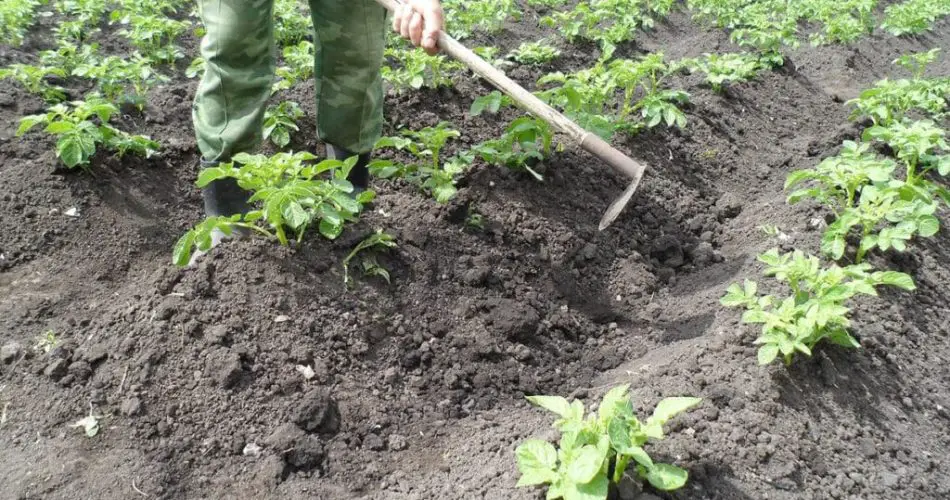Experienced gardeners understand that hilling isn’t just about piling soil around a plant’s stem—it’s a crucial agricultural practice that profoundly impacts the growth, development, and yield of vegetable crops. However, not all plants respond uniformly to this technique. Therefore, knowing which vegetables benefit from hilling and which do not is essential to avoid unintended harm.
Hilling: Benefits and Guidelines
When hilling, an earth mound is created around the plant, providing several benefits:
- Root Protection: Shields roots from exposure and sudden temperature fluctuations.
- Enhanced Root Development: Stimulates the growth of new absorbent roots, improving nutrient uptake.
- Stem Resilience: Increases stem strength against adverse environmental conditions.
- Weed Control: Helps suppress weed growth.
The depth and frequency of hilling vary depending on the plant type and growth stage.
Vegetables that Benefit from Hilling
- Potatoes: Hill after seedling emergence, again before flowering, and if needed, once more 1.5-2 weeks later.
- Cabbage: Hill when plants have 8-10 leaves. For late varieties, repeat hilling every 15-20 days.
- Onion and Leek: Require regular hilling throughout the growing season to prolong the white stem part.
- Tomatoes: Hill when root tubers develop on the stem to boost root growth and yield.
- Carrots: Hill to cover rows and prevent green tops due to exposure to light.
Vegetables that Should Not Be Hilled
- Onions and Garlic: Hilling can cause bulbs to rot.
- Turnip, Daikon, Radish: May compromise root vegetable taste.
- Beets: Hilling can induce root branching.
- Cucumbers, Zucchini, Pumpkins: These plants sprawl on the ground and do not require hilling.
- Leafy Vegetables (Lettuce, Spinach, Dill, Parsley): Hilling can lead to rotting of leaves.
Important Tips
- Soil Moisture: Ensure soil is moist before hilling.
- Timing: Hill in the evening or on overcast days.
- Soil Compaction: Compact soil around the stem to prevent crumbling.
- Avoid Wet Conditions: Do not hill plants after rain or heavy watering.
By following these guidelines, you can significantly enhance vegetable yield and maintain their quality throughout the growing season.



